Don't Bother with the Assassin's Creed Film
Assassin's Creed was a competently made but surprisingly lifeless action flick with forgettable characters and a tedious story.
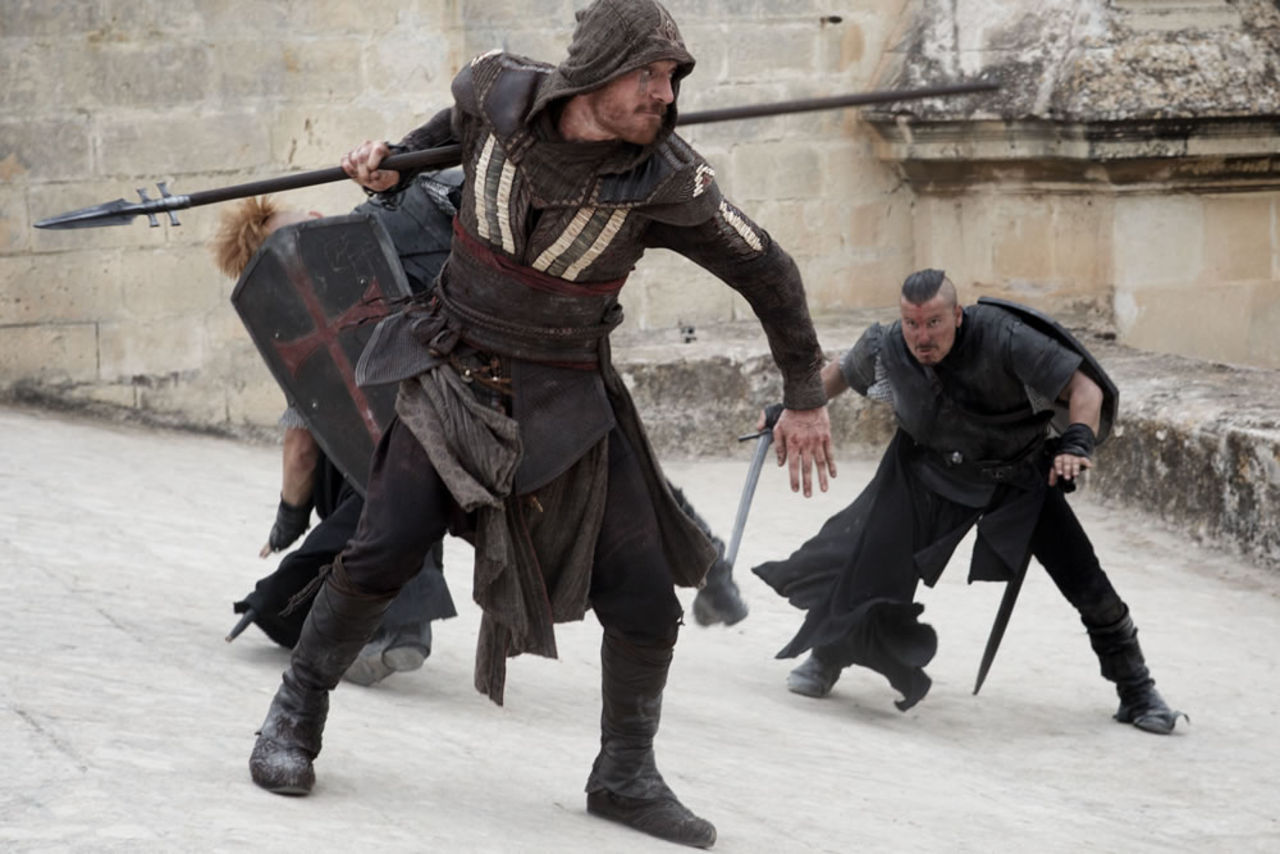
I'd been looking forward to seeing the Assassin's Creed movie ever since Ubisoft first announced it. Assassin's Creed has had its ups and downs, but it's generally been one of the most imaginative and ambitious series in modern gaming since it debuted in 2007. There's never been a really good video game movie (Prince of Persia and Mortal Kombat were OK), but I still had reason to hope. Assassin's Creed has already been adapted successfully into novels, short films and comic books. How bad could a feature-length adaptation possibly be?
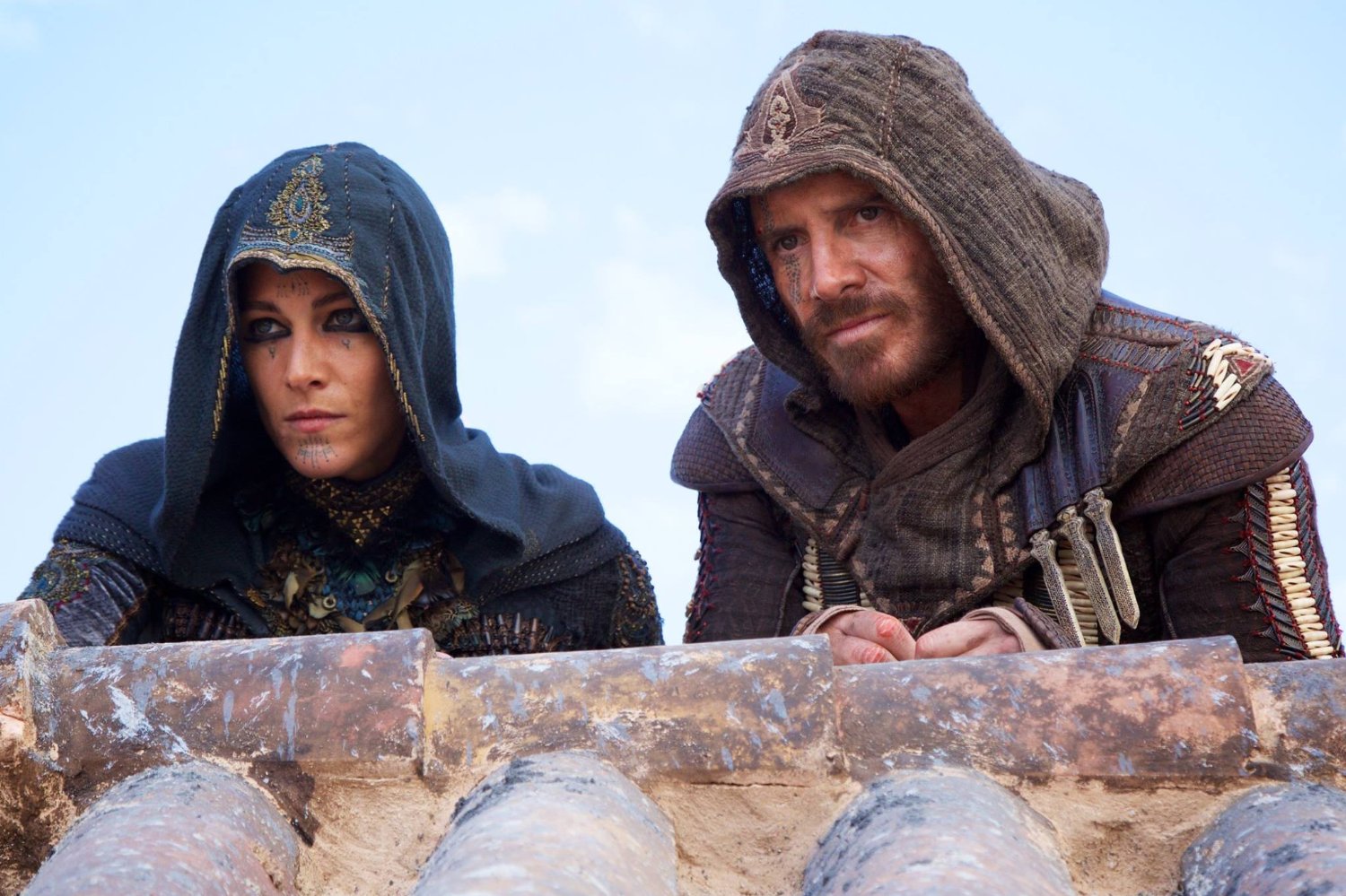
Not horrible, as it turns out. Just not very good, either. Currently sitting at an abysmal 17 percent on Rotten Tomatoes, critics seem to agree that Assassin's Creed was competently made but still a joyless, surprisingly lifeless action flick with forgettable characters, a tedious story and fairly tenuous connections to the games that inspired it.
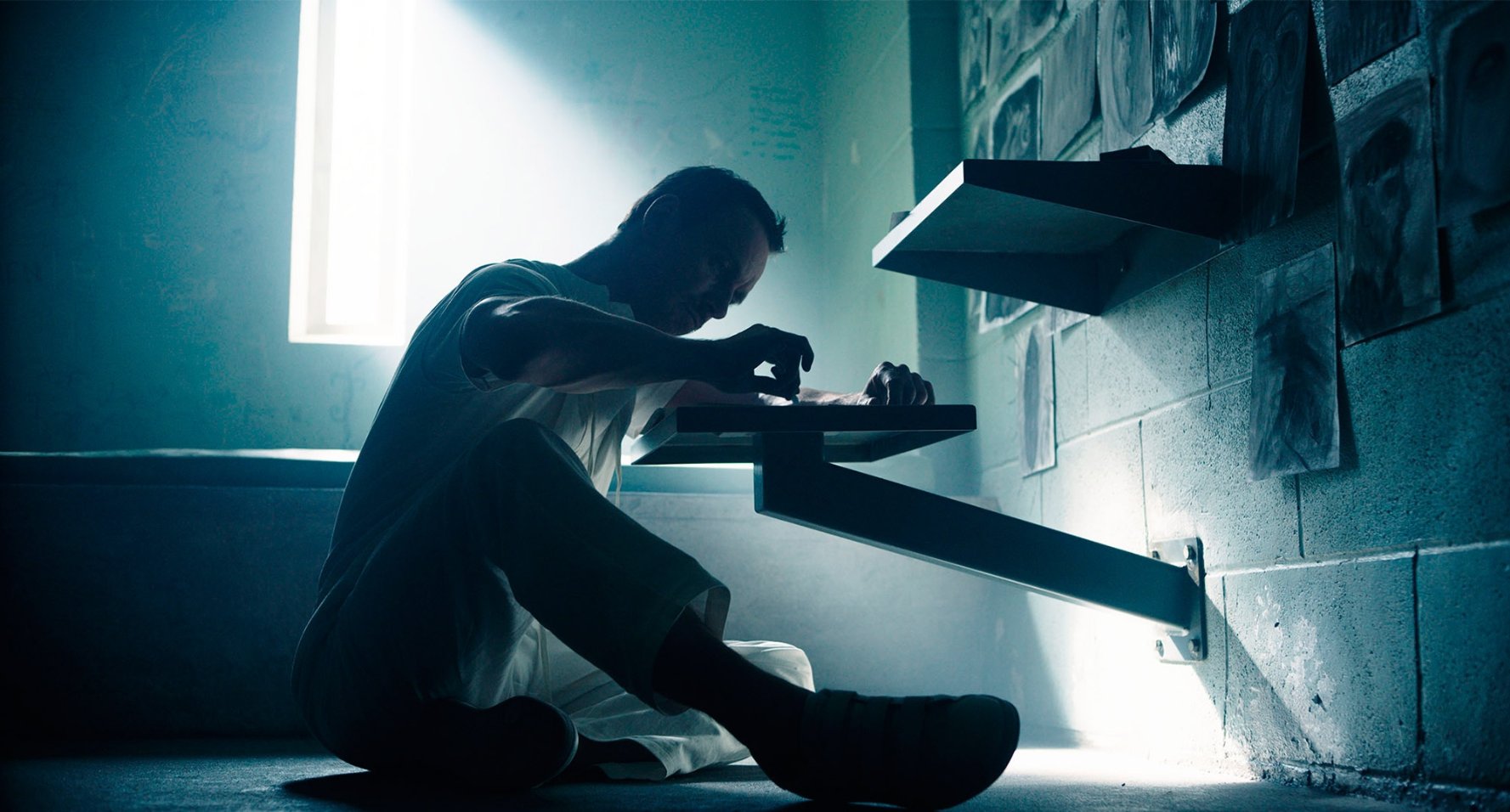
A forgettable film
In case you've never played an Assassin's Creed game, here's the basic setup. Two secret societies, known as the Assassins and the Templars, have been at war for millennia. The Templars believe in controlling mankind for its own good, while the Assassins are willing to get their hands dirty in order to preserve mankind's freedom.
In the present day, the Templars' puppet corporation, Abstergo, has created a machine called the Animus, which allows everyday people to relive their ancestors' "genetic memories." By kidnapping descendants of Assassins and putting them in the Animus, the Templars hope to unearth the Pieces of Eden — relics of a powerful lost civilization that could help them control the world. Simple, right?
MORE: Best Classic Movies on Netflix
Well, it's simple enough for a 2-hour action movie, at least. Assassin's Creed stars Michael Fassbender (Prometheus, X-Men: Apocalypse) as Callum Lynch, a death-row inmate who happens to be the last living descendent of 15th-century Spanish Assassin Aguilar de Nerha. Dr. Sofia Rikkin (Marion Cotillard) and her father, Alan Rikkin (Jeremy Irons), abduct him and force him into the Animus in order to learn what happened to the Apple of Eden, a relic that contains the genetic code for free will. (Yes, this is really a plot point that the writers expect the audience to accept.)
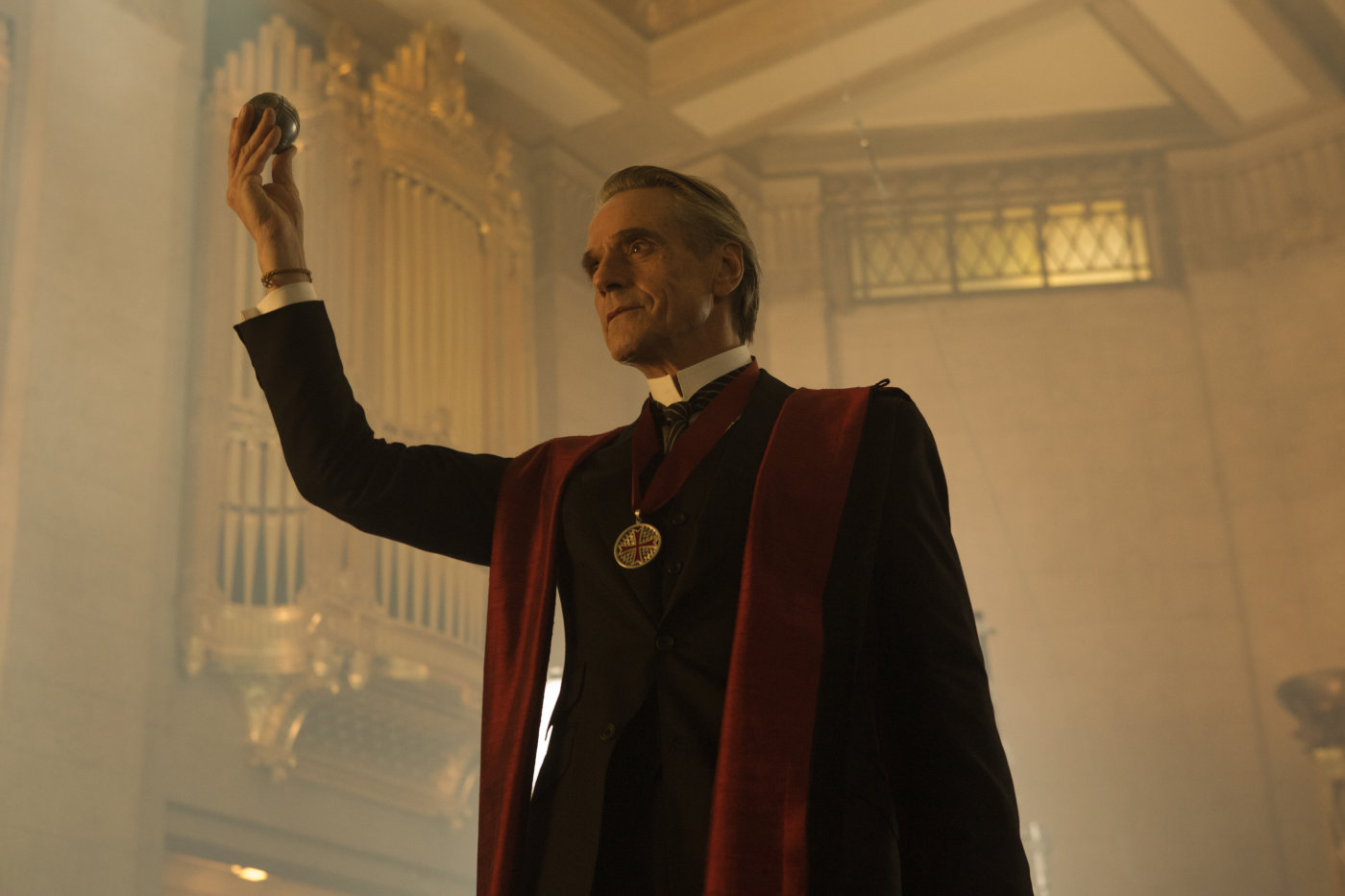
First off, the story isn't entirely without merit (except for the "genetic code for free will," which is ridiculous, both in terms of biology and the existing video game lore), but there's one big problem: It's exactly the same meta-story as the first Assassin's Creed game. If you know what happened to Desmond Miles nine years ago, you know what's about to happen to Cal. The story follows a predictable arc, even without foreknowledge of the games, and there's not a single memorable character to alleviate the tedium.
Get instant access to breaking news, the hottest reviews, great deals and helpful tips.
Could some truly spectacular action sequences make up for storyline shortcomings? Historically, not likely. Think about the best action films in the Hollywood pantheon — Die Hard, The French Connection, The Road Warrior, Terminator 2, The Bourne Identity and so forth — and every single one has a good story behind it.
But it's a moot point, as the action scenes in Assassin's Creed are pretty much just run-of-the-mill chases and fistfights, both in the medieval Spain and modern-day settings. (Medieval Spain, by the way, is where perhaps a quarter of the movie takes place; the rest is in sterile, lifeless laboratories and offices.) The action scenes are all shaky-cam, quick-cut set pieces that were already getting kind of tired back in 2008, and while it's all competently shot, there's no real energy or tension to the proceedings.
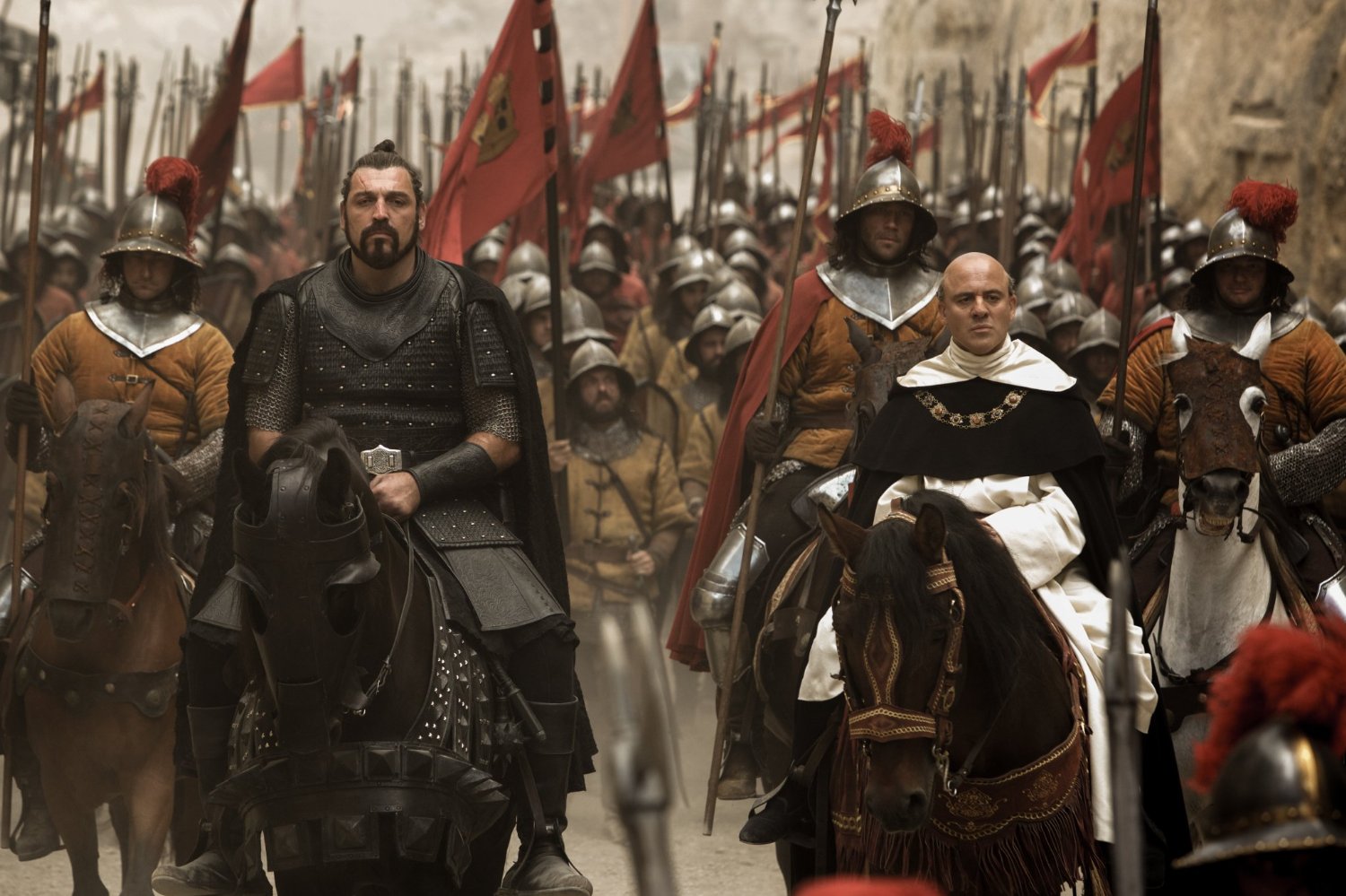
A medieval mess
Forgettable characters, staid dialogue and joyless fight scenes might have been forgivable if the movie had done what the games do so well: make the audience feel immersed in a realistic depiction of a historical city. Although the historical scenes take place in 15th-century Andalusia, Spain, with realistic(ish) costumes and weapons, they feel just as bland as the modern-day Abstergo scenes.
First and foremost, all of the characters speak in Spanish, which, theoretically, should be a feather in the film's cap. However, they speak in a dialect that sounds an awful lot like modern-day Castilian Spanish. I don’t speak much Spanish, but my passable French allowed me to understand most of what the characters said without reading the subtitles; something I assume would be much harder if they spoke in a medieval Andalusian dialect. Only the Animus knows why this is supposed to be more immersive than English.
More importantly, the Andalusia scenes don't forge a strong connection with their time period beyond the surface-level aesthetics. Assassin's Creed games have bent over backward to incorporate historical characters and events such as the Rashid ad-Din Sinan, the Third Crusade, Pope Alexander VI, the American Revolution, the Storming of the Bastille, Charles Darwin and more.
The film takes place during the Spanish Inquisition but expects the audience to fill a lot of the blanks itself. If you don't have a working knowledge of the Alhambra palace, Sultan Muhammad XII of Granada, and the voyages of Christopher Columbus, the medieval story will not make much sense. The Assassin's Creed games are rarely didactic, but they do provide plenty of background information on important historical characters and events, especially when they tie into the ongoing storyline.
Considering the film spends so little time in 1492's Andalusia, it would admittedly have been hard to fit in all the necessary exposition. And yet that imbalance perfectly captures the film's profound misunderstanding of Assassin's Creed's appeal. The audience tolerates the sci-fi/conspiracy storyline because it facilitates the exploration of an intricate and faithful facsimile of the past, not the other way around. By treating Assassin's Creed as yet another present-day-light-sci-fi-action feature, the film makes the world feel disposable.

Bottom line
Assassin's Creed isn't comically bad, like the Super Mario Bros. or Street Fighter films. On the other hand, it's also not lightweight fun like Prince of Persia or Mortal Kombat. It occupies an unpleasant middle ground — inoffensive enough to sit through once, but unlikely to stay with you once you leave the theater. It adds nothing to the ongoing Assassin's Creed storyline, and feels too insubstantial to draw new fans into the franchise.
With films like Warcraft, Ratchet & Clank and Assassin's Creed, at least Hollywood has reached the point of respecting and understanding the source material for video game movies. The next step will be to find a way to retain some of the games' fun in addition to the overarching story beats.

Marshall Honorof was a senior editor for Tom's Guide, overseeing the site's coverage of gaming hardware and software. He comes from a science writing background, having studied paleomammalogy, biological anthropology, and the history of science and technology. After hours, you can find him practicing taekwondo or doing deep dives on classic sci-fi.
